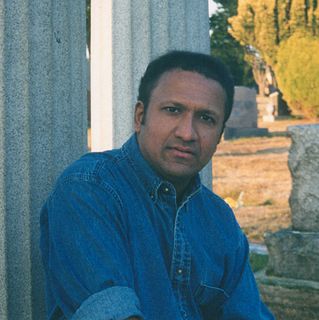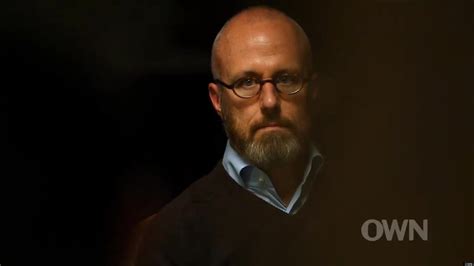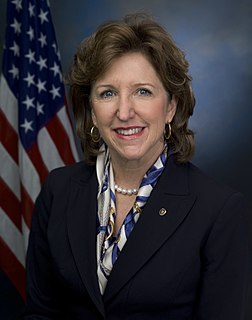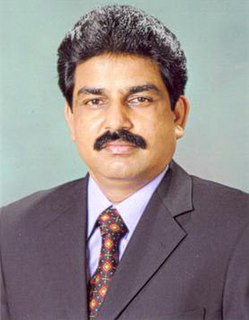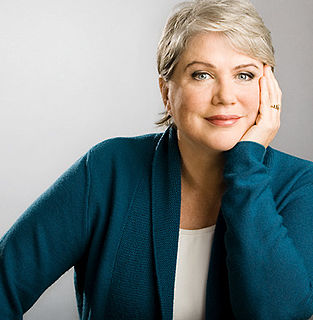A Quote by S. T. Joshi
The atheist, agnostic, or secularist ... should insist on the need to engage in a meaningful debate on the entire issue of the truth or falsity (or probability or improbability) of religious tenets, without being subject to accusations of impiety, immorality, impoliteness, or any of the other smokescreens used by the pious to deflect attention from the central issues at hand.
Related Quotes
The atheist, agnostic, or secularist ... should guard against the encroachment of religion in areas where it has no place, and in particular the control of education by religious authority. The attempts to ban the teaching of evolution or other scientific theories -- a feeble echo of medieval church tyranny and hostility to learning, but an echo nonetheless are serious threats to freedom of inquiry and should be vigorously combated.
On religious issues there can be little or no compromise. There is no position on which people are so immovable as their religious beliefs. There is no more powerful ally one can claim in a debate than Jesus Christ, or God, or Allah, or whatever one calls this Supreme Being. But like any powerful weapon, the use of God's name on one's behalf should be used sparingly.
Well, I find it interesting first that this all centers around the issue of homosexuality and we don't bring in any other sin issue into the picture - the ones that are running rampant within our churches largely go unaddressed. Issues of pride and judgment and gossip and slander and other types of sexual immorality, gluttony, you name it.
One odd thing about the current debate between religious people and atheists is that the participants don't seem to care that they entirely fail to communicate with the other side. They therefore have no account of why the religious or the atheists believe what they do, except that they are stupid or deluded. I think philosophers should try and make sense of their disputes with their opponents as far as possible without treating them as idiots. This applies to the religious participants in the debate as much as to the atheists.
I am an atheist. There, I said it. Are you happy, all you atheists out there who have remonstrated with me for adopting the agnostic moniker? If "atheist" means someone who does not believe in God, then an atheist is what I am. But I detest all such labels. Call me what you like - humanist, secular humanist, agnostic, nonbeliever, nontheist, freethinker, heretic, or even bright. I prefer skeptic.
Religious faith in the case of the Hindus has never been allowed to run counter to scientific laws, moreover the former is never made a condition for the knowledge they teach, but there are always scrupulously careful to take into consideration the possibility that by reason both the agnostic and atheist may attain truth in their own way. Such tolerance may be surprising to religious believers in the West, but it is an integral part of Vedantic belief.
I just became a stronger agnostic, and then I started to realize that everyone who was saying they were agnostic really hadn't thought about it that much. Still, I went with agnosticism for a long, long time because I just hated to say I was an atheist -- being an atheist seemed so rigid. But the more I became comfortable with the word, and the more I read, it started to stick.
The authentic and pure values, truth, beauty, and goodness, in the activity of a human being are the result of one and the same act, a certain application of the full attention to the object. Teaching should have no aim but to prepare, by training the attention, for the possibility of such an act. All the other advantages of instruction are without interest.
